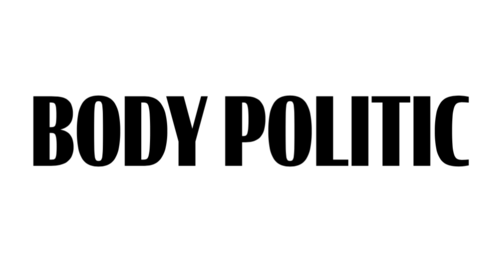Food Anxiety During Covid-19
As the Covid-19 pandemic continues to unfold, unraveling weaknesses in our healthcare system, people are understandably overwhelmed by shifting recommendations offered by the CDC for staying safe. A few weeks ago we were advised against wearing face masks, and recently it is now recommended that we do while out in public. Many people have had frustrating experiences accessing testing, and it has been challenging keeping up with the different timelines proposed for when a vaccine might be made available to the public.
It is unsurprising that amid the confusion many of us feel from the changing advice being given by different government agencies, more and more people are seeking support from other sources. I am growing increasingly concerned with the misinformation being presented online. I have seen so many unproven ideas lauded as viable methods we can use to protect ourselves from the virus - such as drinking lemon juice because “it kills the virus,” to cutting out “inflammatory” foods from our diet.
These “solutions” being peddled have been reminiscent of the concerns people have shared with me about their diets since I started farming. Friends, family, and sometimes even strangers at farmer’s markets have bombarded me for advice on their diets. Queries have ranged from what preservatives I think may be correlated with higher rates of cancer, to how many servings of vegetables I recommend they eat in a day, to whether or not cutting refined sugar or gluten from their diets would relieve any number of ailments they experience.
And I get it! Our industrialized food system has disconnected so many of us from where our food comes from, what is in it, and from our own bodies, leaving many of us feeling anxious and unsure how to nourish ourselves. That anxiety is part of what fueled me to pursue farming, to have more control over my diet. In light of this pandemic, I especially understand the desire to seek straightforward solutions to a frightening situation.
But focusing on what to consume in order to protect ourselves from this virus can be very harmful. I worry that diet-related advice may discourage people from heeding critically important recommendations. I also worry about long-term effects preoccupation with diet can have on people. I damaged my own relationship to food, my body, and my mental health by obsessing over ways I could decrease my chances of contracting illnesses or developing hereditary diseases. I fear that many more people will experience that as well.
I was once someone who obsessed over the notion of healthy eating. I would devour information about what foods supposedly cause inflammation and are correlated with higher rates of disease. I let that information guide my eating habits, and this obsession scarred me for years afterward. I developed so much food anxiety that I was terrified of eating out or of eating other people’s food because I did not know what ingredients they had cooked with or because the food did not align with my narrow perception of health. I obsessively tracked every morsel of food I ate, compulsively checked ingredient labels, and spent hours a day thinking about my diet. Every time I ate something “unhealthy” I grew anxious about the health ramifications of that decision and experienced extreme shame. I was miserable.
Though not yet classified as an official eating disorder in the Diagnostic and Statistical Manual of Mental Disorders, orthorexia nervosa is defined as an excessive fixation with healthy eating - excessive in that this preoccupation comes at the expense of one’s mental and physical well-being. Some studies suggest this eating disorder impacts between 1% and 7% of the general population, which translates to millions of individuals internationally. I certainly resonate with having many of the symptoms listed for this disordered relationship to food.
The fact that millions of others potentially suffer from this debilitating fixation on health and diet, and that these numbers continue to rise, fills me with great sadness and unease. I worry that increased concern about diet in the midst of this public health crisis will only lead to more people developing disordered relationships to food in the long run.
So what can we do instead? I think the best course of action during this pandemic is to listen to those who are qualified to give us diet and health advice, such as registered dietitians; focus on recommendations that are known to make a difference, like hand washing and social distancing; and be patient with shifting advice. This pandemic is a traumatizing experience for many of us. As we worry about the health of ourselves and our loved ones and our economic security, the last thing we need to add to that anxiety is an unhelpful preoccupation with diet.
***
Lytisha Wyatt is a small-scale poultry farmer who writes about food justice and diet culture. Learn more about her work at lytishawyatt.com and follow her on Instagram @lytisha.wyatt for her musings on reclaiming her relationship to land, food, and her body.
Andrea Báez also known as YUM., is an artist and illustrator. Born in Mexico, Andrea grew up in Puerto Rico. Raised by a biologist, Andrea has been inspired by her love of nature throughout her life. Andrea began her studies in architecture and subsequently moved to Barcelona to study engineering in industrial design. Her art is characterized by the integration of vegetation with the human body, playful colors, and storytelling.


